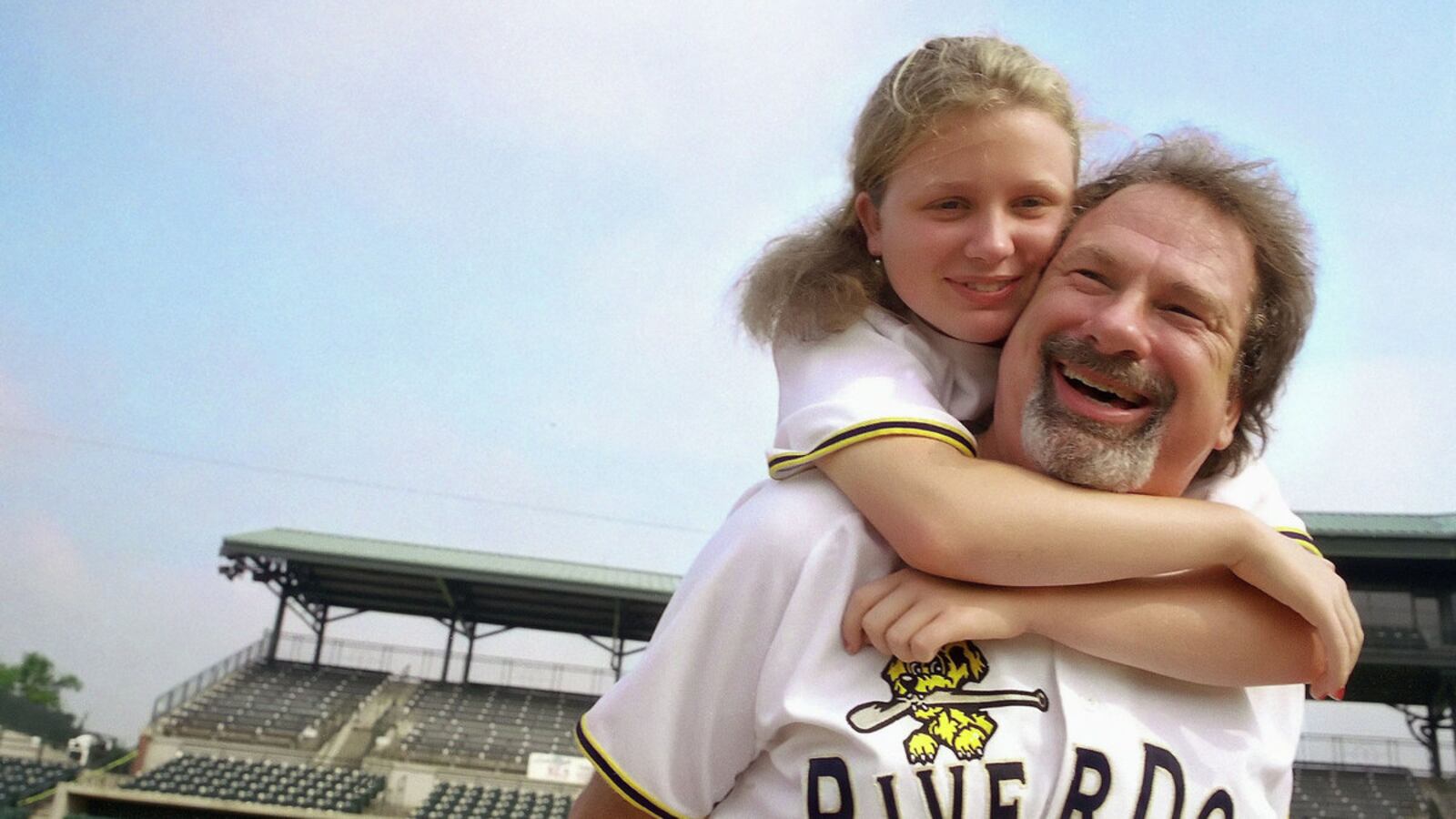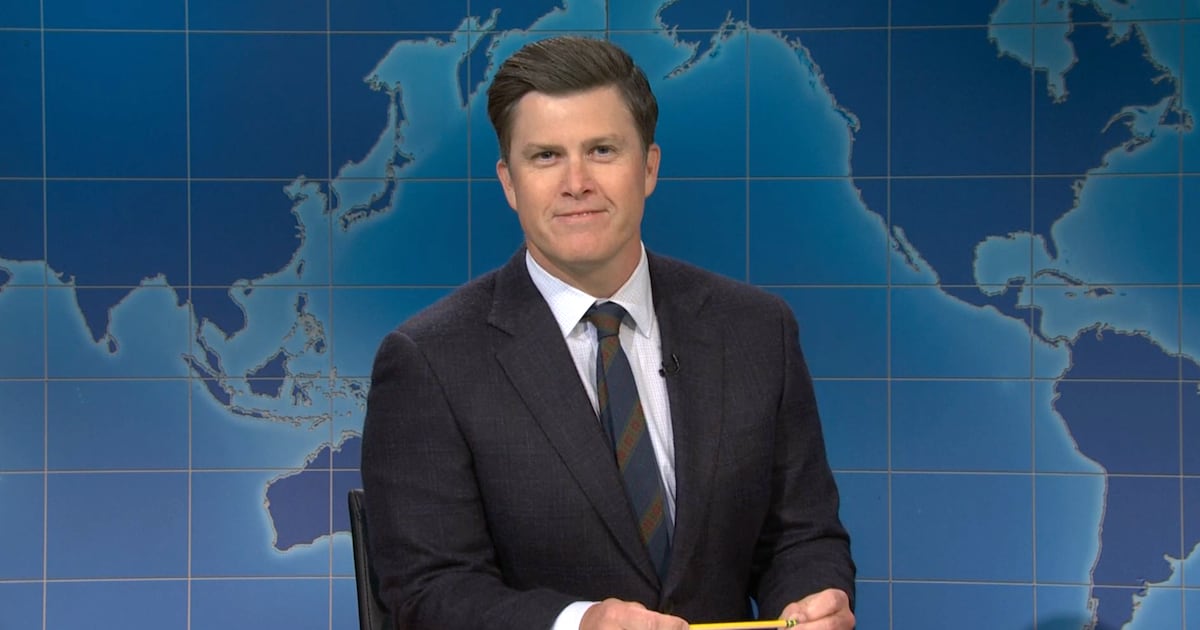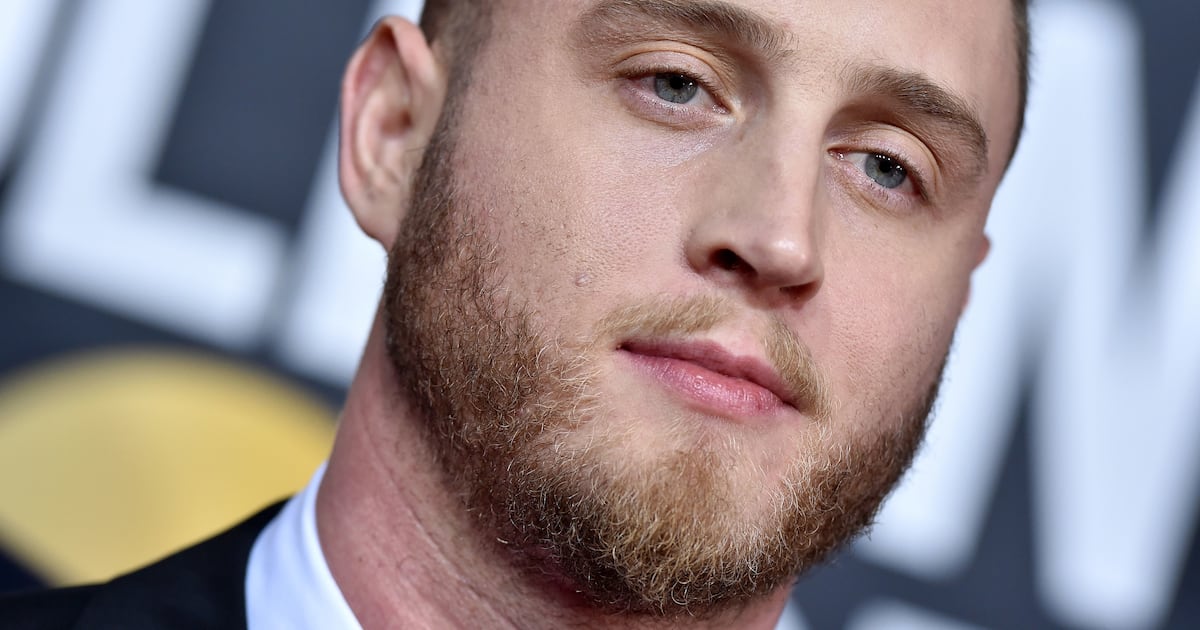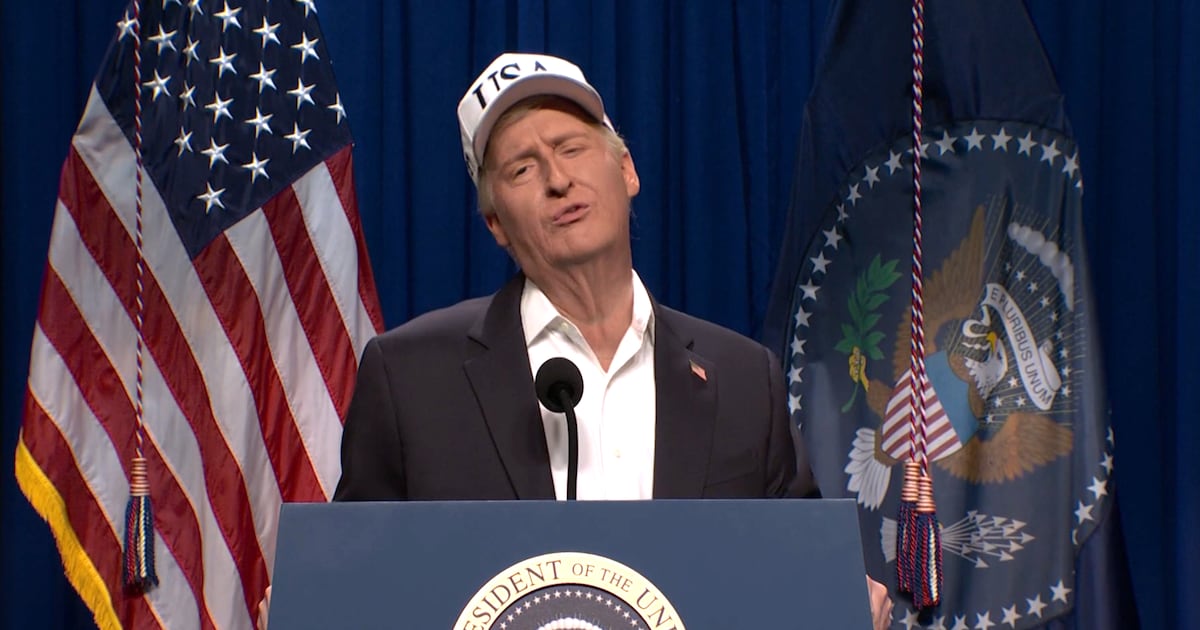“The most beautiful thing is a ballpark filled with people,” says the late Bill Veeck in an archival clip in The Saint of Second Chances, and as Morgan Neville and Jeff Malmberg’s amusing and inspiring documentary illustrates, no one made that experience more beautiful than he did.
A national-pastime legend who was president of the Chicago Cubs (he installed the ivy on Wrigley Field’s outfield walls) and owner of both the Cleveland Indians (he integrated the American League) and Chicago White Sox, Veeck was the last of the genuine old-timers, more concerned with giving fans a joyous experience than simply treating them as revenue-boosting customers. “This world would be better if more people didn’t take it too seriously. You know, it isn’t grim. It’s kind of wonderful,” he says in another interview, and it was an opinion that guided him throughout his life and, ultimately, defined his professional legacy.
A man with a peg leg (due to a WWII injury), a fondness for beer, and a gregarious personality, Veeck was a peerless showman, but he’s not the primary subject of The Saint of Second Chances. Rather, that would be his son Mike, who grew up in the shadow of his famous father and instinctively took after him—a fact that became apparent when he joined his dad’s White Sox staff. As he tells it in the on-camera chats that guide this rollicking Netflix documentary (premiering Sept. 19), there was no way to live up to Bill, especially on Chicago’s South Side, where he was viewed as “one of us.” Nonetheless, for all Bill’s popularity, he wasn’t wealthy; having hustled his way into purchasing the team, he and the White Sox were severely strapped for cash. Mike thus became de facto head of promotions, tasked with concocting any stunt that might put butts in seats.
As it turned, Mike was great at this—at least, until the fateful night of July 12, 1977, when he staged a Disco Demolition event and all hell broke loose.
Longtime baseball aficionados will remember that notorious gimmick, in which fans were encouraged to bring their disco records to Comiskey Park (doing so resulted in a $0.99 ticket) so they could be destroyed under the authority of shock jock Steve Dahl. Mike thought this was a clever way to provide a flip-side to the club’s prior disco-celebration evening. What he didn’t realize was that he’d devised an idea that was immensely popular to rowdy young people, who showed up in droves and, in-between the evening doubleheader’s two games, stormed the field and wreaked havoc. Mike took the fall for the fiasco, and a year later, Bill was compelled to sell the team.

Narrated by Jeff Daniels and featuring fittingly exaggerated dramatic recreations starring Charlie Day as Mike, The Saint of Second Chances is, in part, about the younger Veeck’s initial downfall and the shame and disgrace it begat. For Mike, drinking and exile ensued until he received a fortuitous opportunity to change his life: the chance to invest in the St. Paul Saints, an independent league team that was at the bottom of the proverbial barrel. With the support of his wife Libby, Mike took his shot with the enthusiasm and creativity he’d inherited from his “pied piper” dad, employing every and any trick in the book—hot tubs in the outfield; pigs that delivered balls to umpires; a disgraced nun giving massages to fans—to raise attendance. Part-circus, part-party, the Saints (co-owned by Bill Murray) were an outgrowth of Mike’s anything-goes personality and quickly became a phenomenon.

Directed by Neville and Malmberg with a rambunctiously motley form—including home movies, graphics, and jokey scenes featuring Mike and Libby acting—The Saint of Second Chances is the story of also-rans making good via hard work, determination and heart. Just as Mike played second fiddle to Bill, so too was St. Paul the junior to nearby Minneapolis (which had the World Series champion Twins), and the Saints were populated by players in need of a second (or third, or fourth) break. With his new independent-league outfit, Mike made baseball fun and additionally redeemed the broken, discarded, and disgraced. That peaked when (reluctantly, as he’s always admitted) he gave blacklisted former superstar Darryl Strawberry a spot in the lineup alongside teammate “Super” Dave Stevens—who has no legs!—and revitalized his passion for the game.

The Saint of Second Chances is a testament to prioritizing goofy, compassionate family entertainment over winning and profit, as so many associated with the Saints readily attest. It’s also a tale about parents and children, first with regards to Bill and Mike, and then when it comes to Mike and his kids, son Night Train (yes, that’s his real name) and daughter Rebecca. Ever since his Demolition Derby disaster, Mike had dreamed of one day returning to the big leagues. Around the same time that offer finally arrived, however, so too did terrible news: Rebecca was going blind courtesy of a rare disorder. Recognizing the monumental choice before him, Mike made the selfless decision, and hearing him discuss it now—as well as the immense lengths he went to give Rebecca everything he could before her world went dark—is so touching that even the stoniest of viewers will find themselves moved to tears.
Neville and Malmberg’s film is a history lesson about the origins of today’s ballpark experience; from fireworks to themed nights to giveaways, every tactic fans have come to know and expect came from Mike or Bill’s imagination. Mike may claim that he specializes in cheap theatrics but what he really sells is effusive, inclusive happiness. It’s a strategy that paid major dividends in his career, both with the Saints (they’re now the Twins’ AAA affiliate) and his subsequent independent-league teams. It likewise proved central to his familial bonds, most notably with Rebecca, whom he doted on until her untimely death at the age of 29.
“Nobody has ever cheered for Goliath,” says the candid, funny and self-deprecating Mike in The Saint of Second Chances. “Underdogs are attractive.” As a triumphant one himself, he would know.
Liked this review? Sign up to get our weekly See Skip newsletter every Tuesday and find out what new shows and movies are worth watching, and which aren’t.






